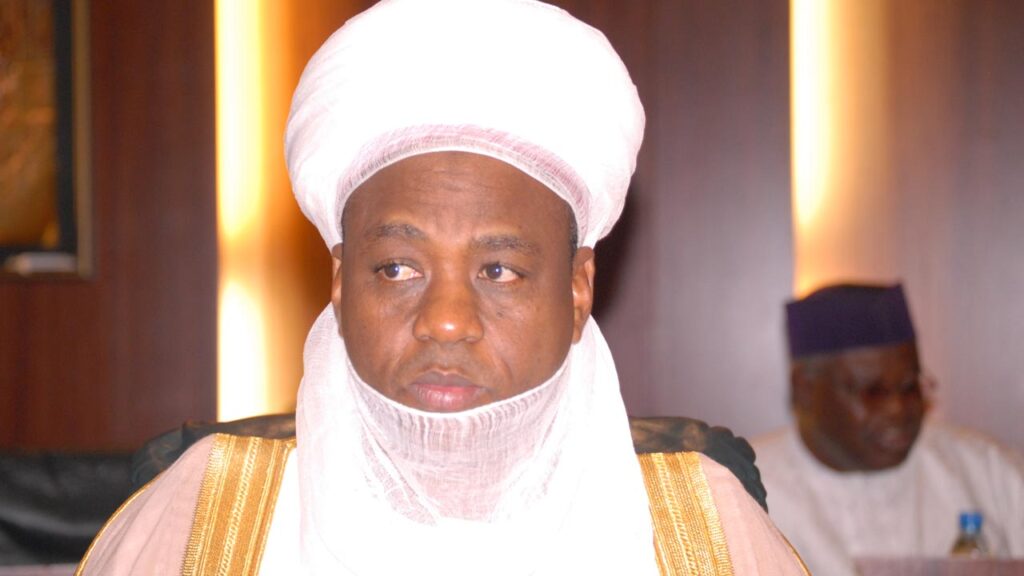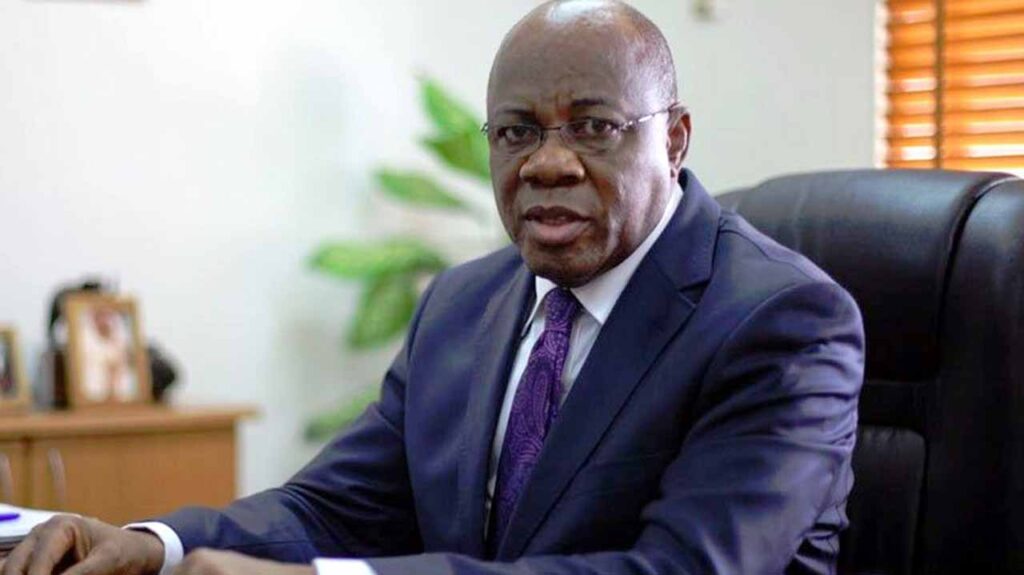
Participants at the event
There is need to regulate civic and digital space to keep abuse at bay, a stakeholders’ consultative dialogue suggested at the weekend in Lagos.
Nigerian Communications Commission (NCC); National Human Rights Commission (NHRC); Association of Licensed Telecoms Operators of Nigeria (ALTON); Financial Technology (Fintech) companies and experts were among the participants at the event put together by Spaces for Change (S4C).
Themed ‘Building Multi-sectoral Partnerships for Internet Freedom and Digital Security in Nigeria’, the occasion is supported by Ford Foundation and Civil Space Resource Hub (CSR-HUB).
According to the activists, the industry is being shrunk by government at the three tiers and others, who benefit from infringements on civic rights.
S4C, in a report, listed some of the suffocating atmosphere to include: network shutdown, disclosure of subscribers’ information and records and interception of communications.
The experts urged protection of rights.
The panelists, including Head, New Media and Information Security Department, NCC, Chidi Diugwu; Coordinator, NHRC, Lagos State, Lucas Koyejo; Team Lead, Civic Hive, Joseph Amenaghwon and cyber security expert, Rotimi Ogunyemi, commended the researchers for the painstaking work.
On the need for regulation, Diugwu said NCC is fulfilling its mandate – licensing to prevent abuse.
He said: “The devices we license are not for warfare, but for digital development. Unapproved equipment cannot be used in Nigeria. In all we do, we focus on protection of citizens.”
According to him, the NCC is always attacked, but it works hard to cope with the attacks, as the commission is always ahead and keeps running to maintain its lead against attackers.
He noted that the commission alone could not regulate the industry, hence the need to work with the Central Bank of Nigeria (CBN) and other stakeholders.
Agreed that the space needed to be regulated, the dialogue cautioned that the regulation should not tamper with civil liberties.
Executive Director of S4C, Victoria Ibezim-Ohaeri, in her welcome speech, noted that the country had over 18 agencies “harvesting our biometrics.”
She urged the authorities to harmonise biometrics captured as done in the United States of America.
Ibezim-Ohaeri added: “There is consensus on online harms. But the law seems to be effective mainly on innocent citizens, rather than the real criminals, because there is a disconnect. Access to judicial representation is an issue to the common man.”











